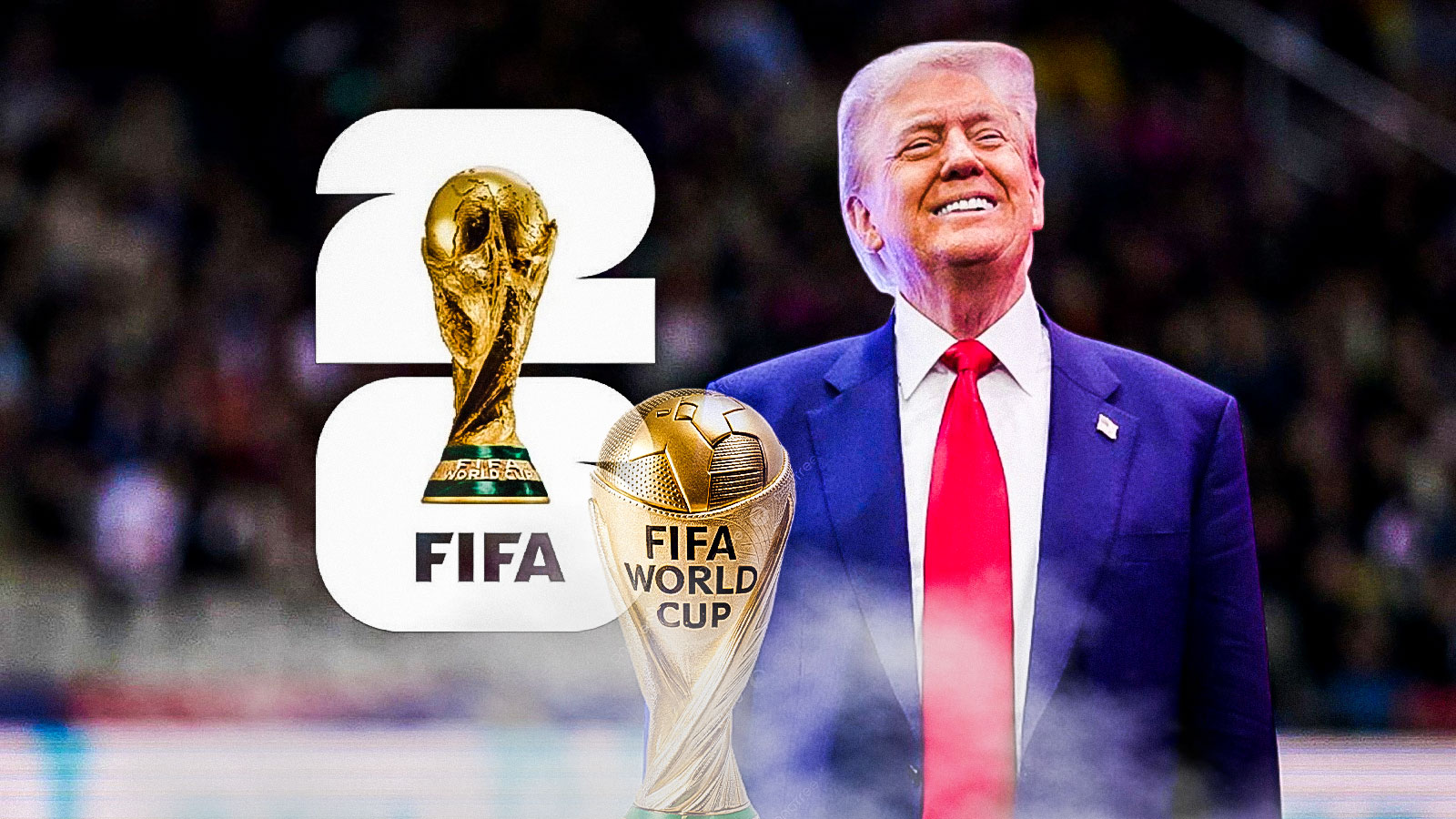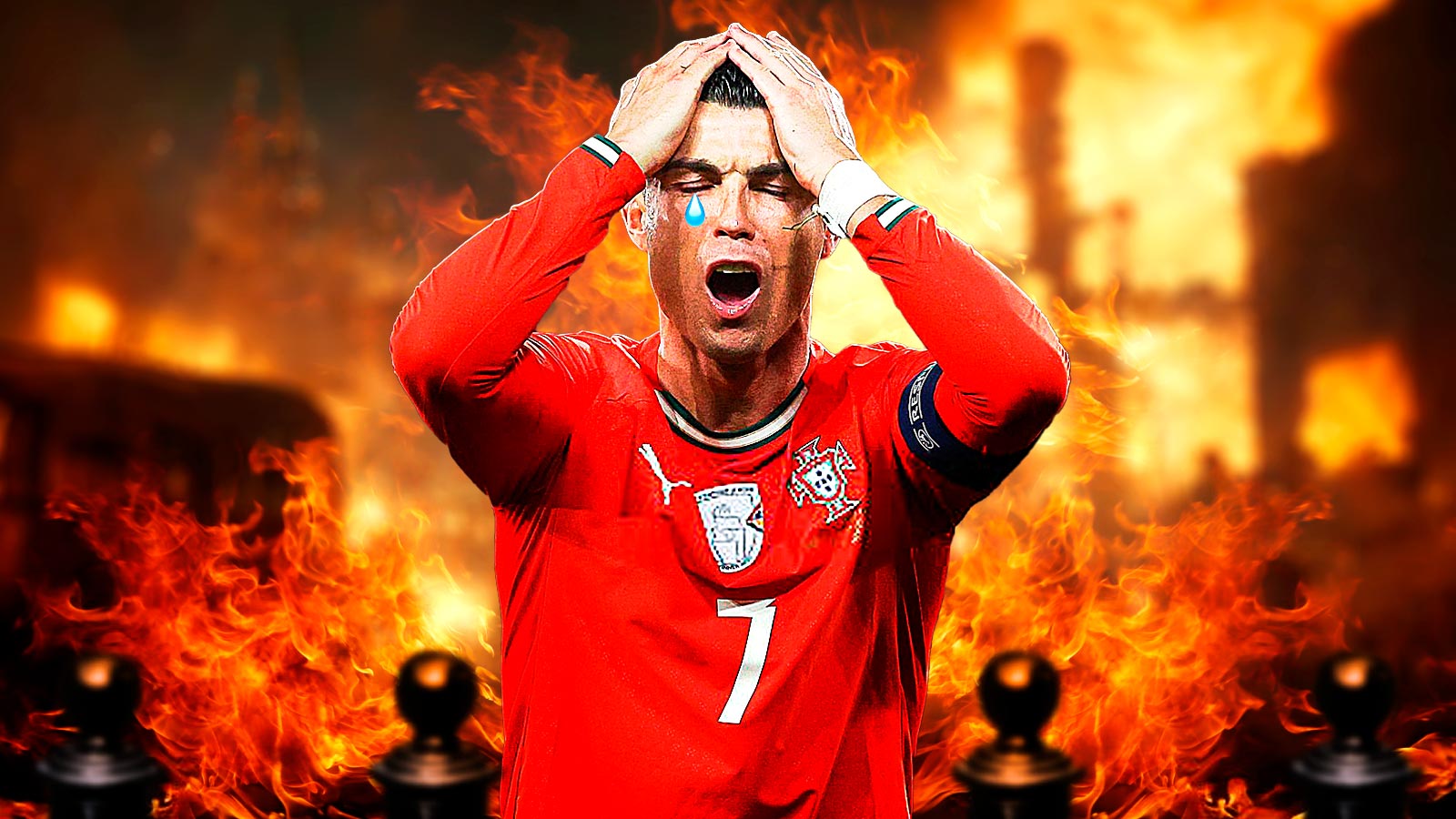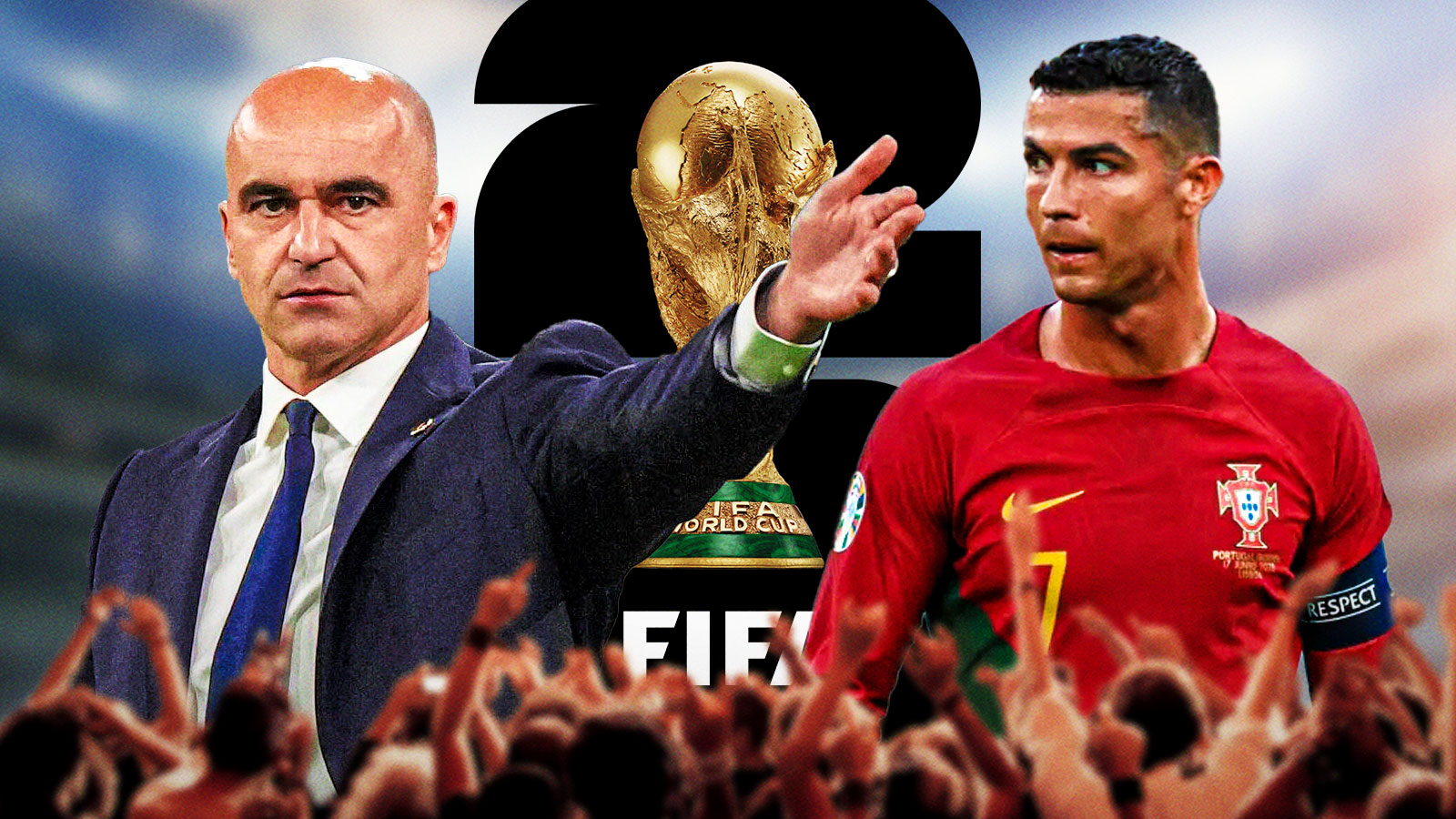Steven Gerrard, the former England and Liverpool star, has revealed his “hatred” for two of his England teammates whom he “pretended to like” during their time together in the national team, reported by mirror. Gerrard, who earned 114 caps for England from 2000 to 2014, admitted that the club rivalries between Liverpool and Manchester United created an uncomfortable atmosphere in the England dressing room.
Speaking at a Steven Gerrard Live event in Belfast in 2017, Gerrard opened up about his relationship with former Manchester United defender Rio Ferdinand. He explained that while facing Ferdinand and Gary Neville in the tunnel before matches, he felt an intense desire to defeat them, expressing genuine animosity. However, he also acknowledged the shift in dynamics once their playing careers ended, stating that his friendship with Ferdinand grew after retirement.
Gerrard's revelation sheds light on the challenges posed by club rivalries within the England squad. He suggested that the strength of these rivalries could have contributed to England's struggles under the management of Sven Goran Eriksson, Fabio Capello, and Roy Hodgson. The intense competition between clubs like Manchester United, Liverpool, and Chelsea created a divide among players, hindering the unity required to achieve success on the international stage.
Rio Ferdinand echoed similar sentiments in a 2018 interview with the Times magazine, stating that the club rivalries overshadowed the England team and had a detrimental impact on their performances. He admitted that he was unable to open up to players from rival clubs like Chelsea or Liverpool due to the fear that sensitive information could be used against Manchester United.
Gerrard and Ferdinand's revelations provide valuable insights into the challenges faced by players representing their country while maintaining intense rivalries at the club level. The acknowledgment of these issues highlights the complex dynamics that can impact team cohesion and ultimately affect performance on the international stage.




















